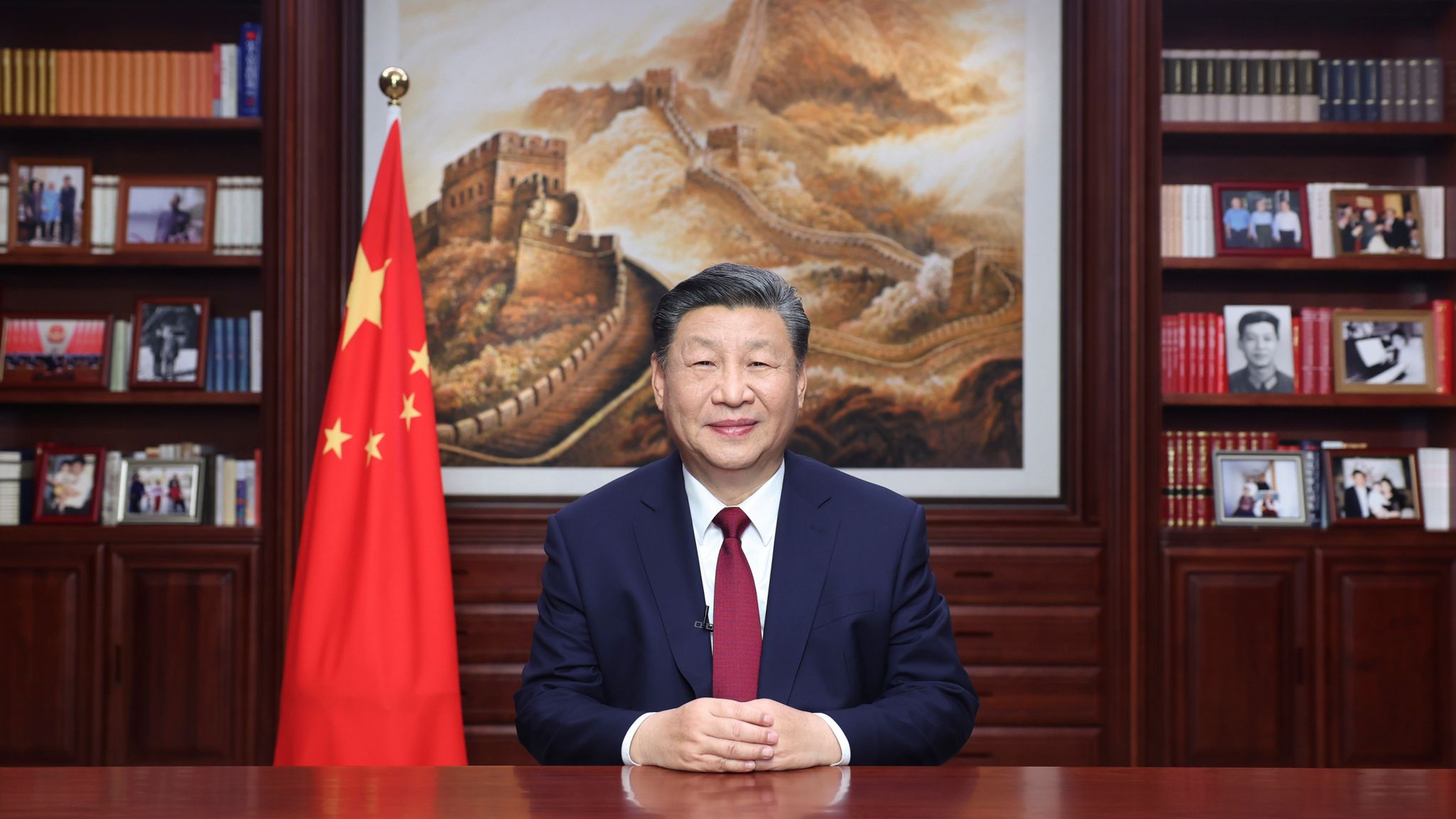TAIPEI, Oct 10 (Reuters) – Taiwan seeks “peaceful coexistence” with China with free and unrestricted interaction but the island will be democratic for generations to come, President Tsai Ing-wen said in her last national day speech on Tuesday.
Taiwan, claimed by China as its own territory, has come under increasing military and political pressure from Beijing, including two major sets of Chinese war games near the island since August of last year, heightening fears of a conflict which would have global ramifications.
Tsai, who cannot stand again as president at elections in January after two terms in office, has repeatedly offered talks with China, which has rejected them as it views her as a separatist.
Speaking in front of the presidential office, Tsai said the strength of international support for Taiwan had reached an “unprecedented height”.
“Since this is a time we can now face the world with confidence and resolve, we can also be calm and self-assured in facing China, creating conditions for peaceful coexistence and future developments across the Taiwan Strait,” she added.
Tsai said it was her duty to safeguard Taiwan’s sovereignty and its democratic, free way of life, seeking “free, unrestricted, and unburdened interactions” between Taiwan and China’s people.
Differences between Taiwan and China must be resolved peacefully, and maintaining the status quo is “critical” to ensuring peace, she added, to a big round of applause.
China’s foreign ministry responded to Tsai’s speech on Tuesday, calling the ruling Democratic Progressive Party (DPP) authorities the “greatest threat” to peace and stability in the Taiwan Strait for “seeking independence and provocation”.
“No matter what the DPP authorities say or do, they cannot change the fact that Taiwan is a part of China. It will not change the general trend that China will inevitably move towards reunification,” ministry spokesperson Wang Wenbin told a regular press briefing.
The parade part of the event featured dancers, athletes just returned from the Asian Games in China’s Hangzhou where Taiwan won 19 gold medals, as well as soldiers marching in close formation.
A formation of five of Taiwan’s new advanced jet trainer, the AT-5 Brave Eagle, flew over the venue, underscoring Tsai’s efforts to boost domestic weapons development, that includes submarines.
‘DEMOCRATIC AND FREE’
In the face of China’s threats, Taiwan has been heartened by support from fellow democracies, especially the United States and its allies whose lawmakers and occasionally officials have flocked to Taipei, defying Chinese anger.
“With confidence, we will show the world that the Taiwanese people are dignified, independent, warm, and kind. The Taiwanese people are happy to be people of the world and will be a democratic and free people for generations to come,” Tsai said.
Tsai looked back at her major policy achievements since she took office in 2016, including marriage equality, a first for Asia, to an audience that included Canadian and Japanese lawmakers and former Australian prime minister Scott Morrison, as well as ordinary Taiwanese.
Beijing says Taiwan’s government must accept that both China and Taiwan belong to “one China”, which Tsai has refused to do.
Taiwan celebrates Oct. 10 as its national day, marking an uprising in 1911 that ended China’s last imperial dynasty and ushered in the Republic of China.
The republican government fled to Taiwan in 1949 after losing a civil war with Mao Zedong’s Communists, who set up the People’s Republic of China.
The Republic of China remains Taiwan’s formal name, though the government tends to stylise it as the Republic of China, Taiwan, to distinguish it from the government in Beijing.
Reporting by Yimou Lee and Ben Blanchard; Additional reporting by Liz Lee in Beijing; Editing by Shri Navaratnam, Lincoln Feast and Ed Osmond
Our Standards: The Thomson Reuters Trust Principles.



